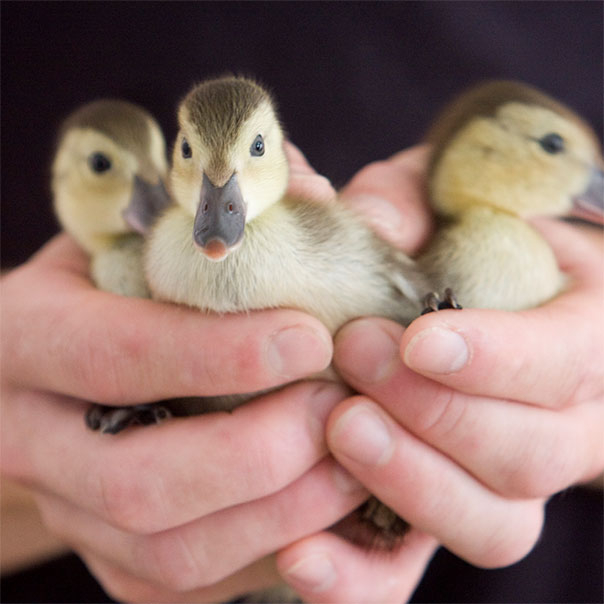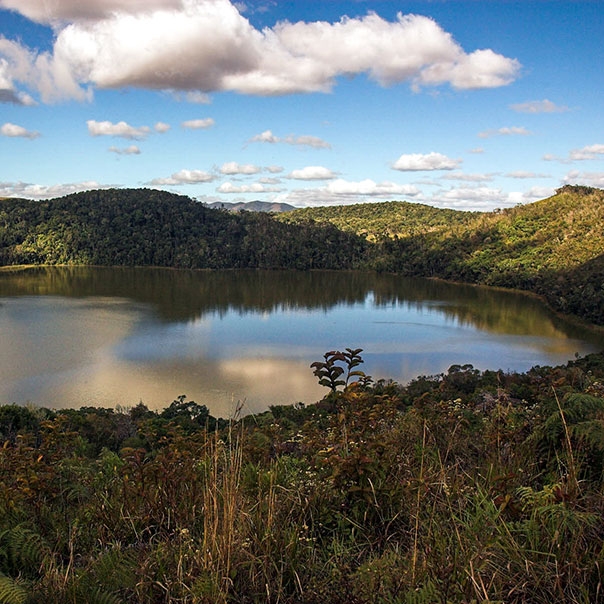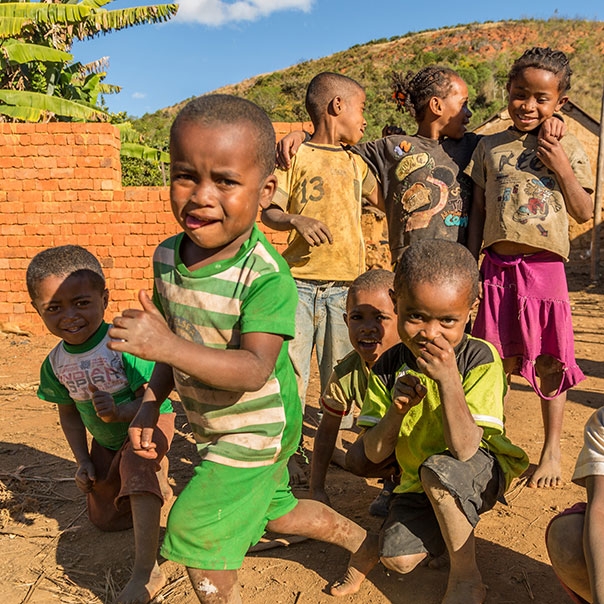Madagascar's wetlands
Building a future where Madagascar’s wetlands and wildlife are protected and people’s livelihoods are secure.
Madagascar is the second-largest island country in the world. It is unique in that it is home to an abundance of species which can’t be found anywhere else on the planet. But Madagascar’s unique environment is also in rapid decline.
This has devastating consequences for plants and animals, and also for local people, many of whom are poor and depend on healthy natural systems for their basic provisions and livelihoods. At WWT, we are doing all we can to help communities to protect and restore their freshwater wetlands, to support a resilient future for people and the stunning biodiversity of the country.
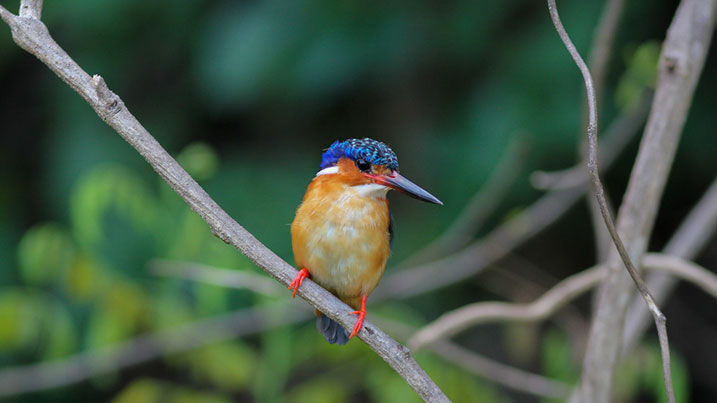
The challenge
Madagascar is a global conservation priority due to its high level of species endemism and the magnitude of threats to its biodiversity.
Poverty, exacerbated by rapid population growth and climate change, are accelerating environmental degradation. Since 1960, over 60% of Madagascar’s wetlands are estimated to have been lost. Those remaining are subject to an array of pervasive threats including sedimentation, pollution and over-harvesting.
Lake Sofia - Ramsar site
The Lake Sofia catchment in north-western Madagascar is home to a wealth of threatened biodiversity and supports the livelihoods of some 10,000 local people, who rely heavily on the natural resources and ecosystem services provided by the lake.
Unsustainable farming practices, burning of land for cattle grazing, and the over-harvesting of natural resources have severely degraded the lake. These challenges are compounded by the site’s vulnerability to extreme weather events, which are predicted to increase in number and severity over the coming years.
Lake Sofia is a Ramsar site – an accreditation given to the world’s most important wetlands through the intergovernmental Ramsar Convention. It is one of 21 Ramsar Sites in Madagascar. Few have Management Plans and conservation managers have little capacity to assess the condition of, and threats to, their sites. Currently, those involved in the conservation and management of wetlands work in isolation, and the lack of a functioning National Ramsar Committee for wetlands has resulted in missed opportunities to influence decisions around planning and regulatory frameworks that can have a significant impact on the health of these vital ecosystems.
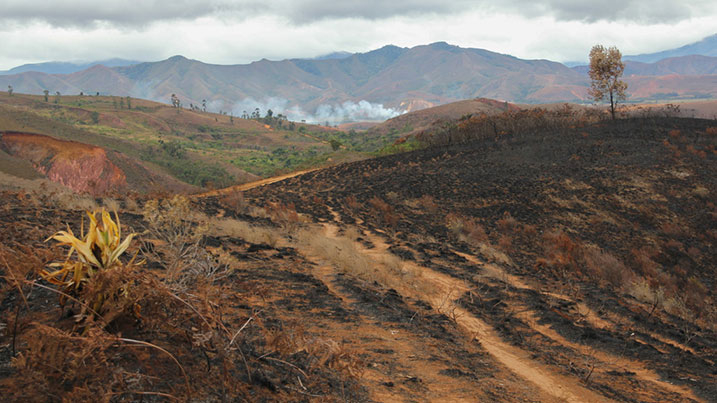
What we are going to do
We want to see an improved biodiversity habitat and more secure, resilient ecosystem services (the benefits to humans from healthy natural environments) for 10,000 local people living in the Lake Sofia catchment.
We aim to do this by strengthening the capacity of community associations to develop and implement a comprehensive community-based management plan at site. This will tackle the highest-ranking threats of over-harvesting of natural resources, habitat clearing through over-burning, and water extraction and pollution from unsustainable agriculture.
This includes:
- Delivering a community-based reforestation programme, with integrated school ambassador scheme
- Implementing training programme including study tours to other sites, with a capacity survey before and after to assess knowledge
- Integrate environmental education and awareness into all project-based community activities
- Support farmers to diversify to alternative crops, including high nutrient species and fodder crops Integrate community-based savings groups (CBSGs) into all community associations, generating central income for communal health and community benefit projects
- Support local people to accrue greater long-term livelihood and well-being benefits from sustainable practices around a healthy and resilient community-managed protected freshwater wetland system
The project will energise a National Ramsar Committee to promote sustainable use of wetland systems, developing a strategy and action plan for wetland stakeholders, and promoting wetland conservation within other sectors. Support will be given to managers of important wetlands throughout the country, helping to build capacity for the long-term resilient conservation and overnance of wetland Ramsar Sites across the country.
The work at Lake Sofia will act as a showcase for improved management of wetland systems in Madagascar.
Key achievements
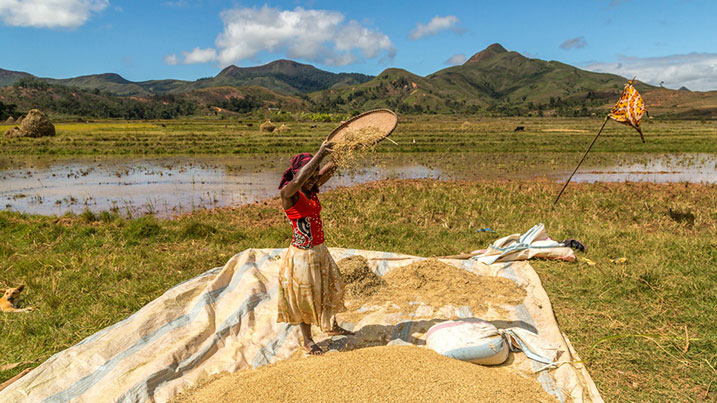
Around the lake, huge improvements have already been made:
- Nearly 1,000 people have joined community based management associations
- We now have 450 farmers involved in sustainable rice schemes. Since the introduction of sustainable rice farming techniques, rice yields increased by 300%
- 100% of fishers now use legal nets and initial surveys suggest their daily income has increased more than two-fold
- Surveys suggest there’s been an 80% reduction in the use of pesticides across the whole catchment
- We’ve built a boat landing platform at Lake Sofia to give fishers safe access to the lake where it won’t disturb other areas of natural marsh
- We released the first headstarted Madagascar pochard ducklings back into the wild
You might also be interested in
Partners
This is a collaborative project of WWT, Asity Madagascar, Durrell Wildlife Conservation Trust and Organisation de Soutien pour le Développement Rural à Madagascar




Sponsors
WWT’s work in Madagascar is proudly sponsored by Swarovski Optik, with optics provided to our in-country staff.
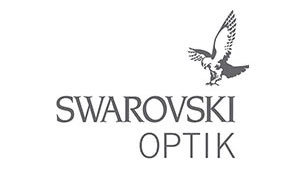
Funders
With the support of the European Union and the Organisation of African, Caribbean and Pacific States through the BIOPAMA Programme

The Biodiversity and Protected Areas Management (BIOPAMA) programme aims to improve the long-term conservation and sustainable use of natural resources in African, Caribbean and Pacific (ACP) countries, in protected areas and surrounding communities. It is an initiative of the Organisation of African, Caribbean and Pacific States financed by the European Union’s 11th European Development Fund (EDF), jointly implemented by the International Union for Conservation of Nature (IUCN) and the Joint Research Centre of the European Commission (JRC). Building on the first five years of activities financed by the 10th EDF (2012-2017), BIOPAMA’s second phase provides tools for data and information management, services for improving the knowledge and capacity for protected area planning and decision making, and funding opportunities for specific site-based actions. www.biopama.org
